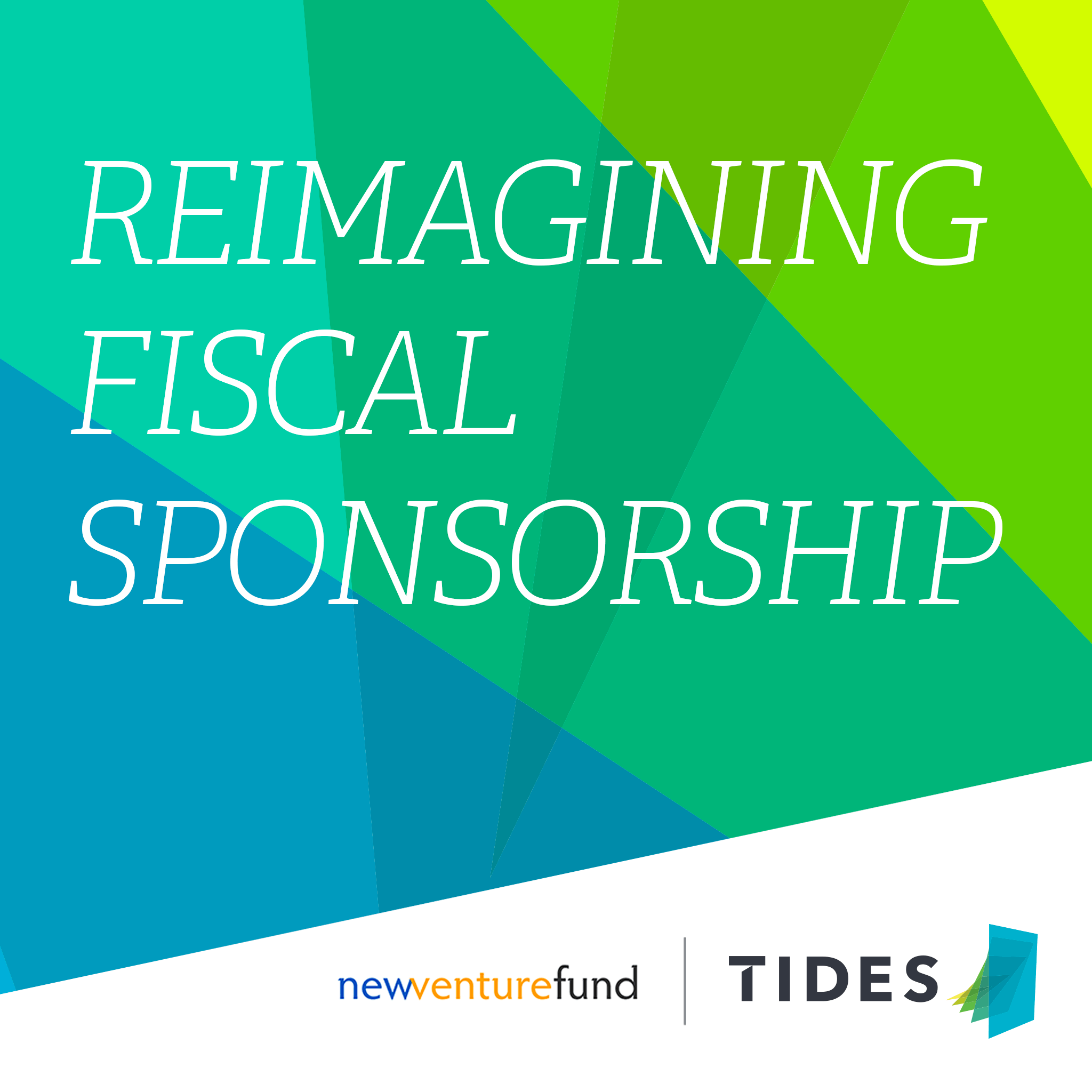
Impact

Expanding the ways in which donors, nonprofits,
When starting a new project or collaboration, choices about infrastructure are no less important than choices about strategies for impact. You can have the right ideas, people, and funding, but you also need an operational structure that can launch and sustain them.
Social impact platforms can and do serve as a hub of tremendous breadth and depth of expertise—providing hosted projects with accordion capacity.
Funders and social change leaders increasingly realize that achieving change at scale will require working with partners across sectors and geographies more effectively than ever before. The realities of deepening inequality, persistent systemic challenges within and across nations, and volatile political environments drive this point home almost daily. Yet the sector has also learned that collaborating in pursuit of large-scale change is difficult.
In the paper “Reimagining Fiscal Sponsorship,” Kriss Deiglmeier, CEO of Tides, and Lee Bodner, President of New Venture Fund, lay out the case that an evolving model of comprehensive fiscal sponsorship can serve as a social impact platform that gives funders and social change leaders the capacity to move more quickly toward desired outcomes.
While fiscal sponsorship as it is traditionally understood may not seem like the obvious model for starting and scaling complex initiatives, these social impact platforms can and do serve as a hub of tremendous breadth and depth of expertise—providing hosted projects with accordion capacity on which they draw as needed in pursuit of impact.

Impact

Corporate Partners

Healthy Democracy Fund

Read the stories and hear the voices of social change leaders fighting for justice.